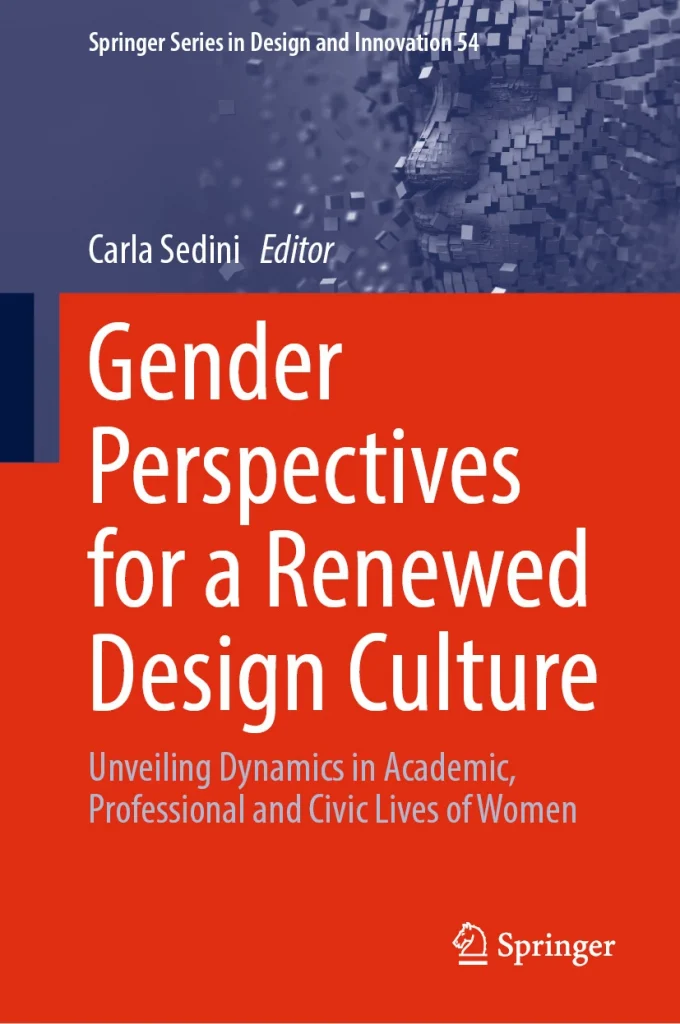This chapter explores the intricate intersections of eco-feminism, design, and sustainability, offering a comprehensive framework for understanding and applying eco-feminist principles in design practice. Rooted in feminist and environmentalist ideologies, eco-feminism links the exploitation of women and nature to systemic structures of oppression, advocating for social and ecological liberation. The chapter introduces Eco-feminist Design, a transformative approach that integrates care, intersectionality, and plurality into the design process. Emphasizing collaboration and systemic thinking, Eco-feminist Design transcends traditional human-centered methods to include marginalized groups and non-human actors. Case studies highlight diverse applications of eco-feminist principles, spanning tangible products, services, and community-driven initiatives, categorized within a dynamic matrix. This matrix organizes design solutions along two axes—hard/soft and woman/plural/more-than-human—revealing patterns in how feminist and environmental concerns converge in design. The analysis demonstrates the potential of Eco-feminist Design to challenge capitalist, technocentric norms and promote cultural and societal transformation. While still emerging, this approach bridges theory and practice, fostering inclusive, sustainable, and context-sensitive solutions. By integrating feminist ethics and ecological care into design, eco-feminist design redefines the role of designers, not merely as creators but as facilitators of systemic and cultural evolution toward a just, equitable, and sustainable world.
